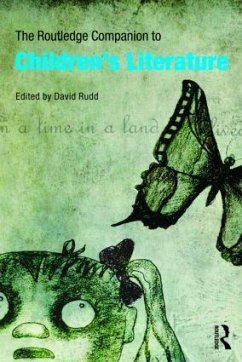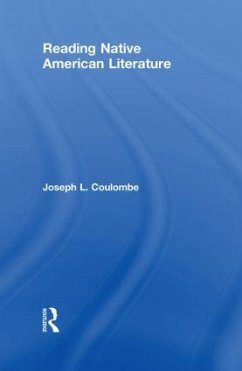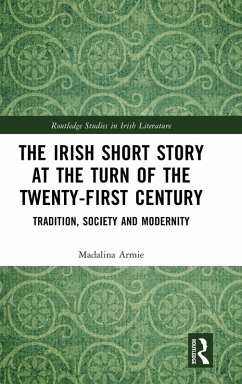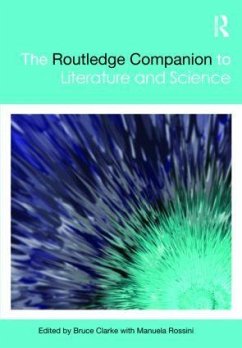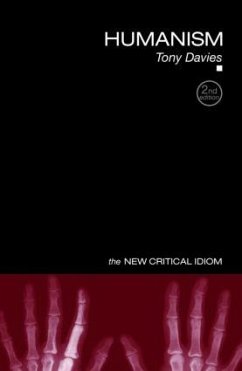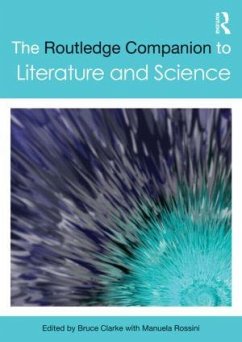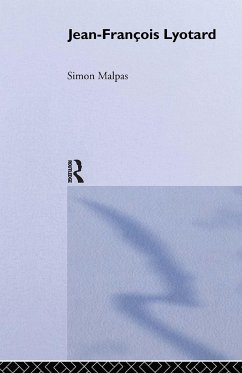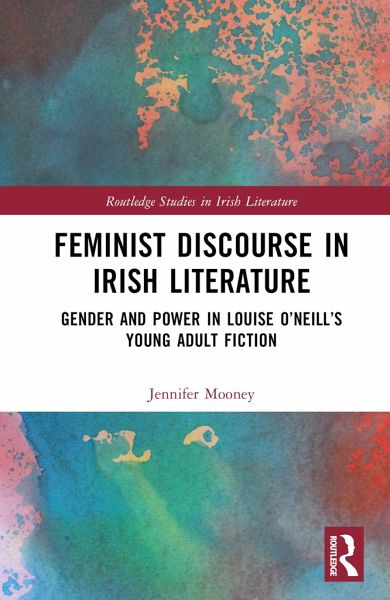
Feminist Discourse in Irish Literature
Gender and Power in Louise O'Neill's Young Adult Fiction
Versandkostenfrei!
Versandfertig in 1-2 Wochen
167,99 €
inkl. MwSt.
Weitere Ausgaben:

PAYBACK Punkte
84 °P sammeln!
Feminist Discourse in Irish Literature addresses the role of young adult (YA) Irish literature in responding and contributing to some of the most controversial and contemporary issues in today's modern society: gender, and conflicting views of power, sexism and consent. This volume provides an original, innovative and necessary examination of how "rape culture" and the intersections between feminism and power have become increasingly relevant to Irish society in the years since Irish author Louise O'Neill's novels for young adults Only Ever Yours and Asking For It were published. In considerat...
Feminist Discourse in Irish Literature addresses the role of young adult (YA) Irish literature in responding and contributing to some of the most controversial and contemporary issues in today's modern society: gender, and conflicting views of power, sexism and consent. This volume provides an original, innovative and necessary examination of how "rape culture" and the intersections between feminism and power have become increasingly relevant to Irish society in the years since Irish author Louise O'Neill's novels for young adults Only Ever Yours and Asking For It were published. In consideration of the socio-political context in Ireland and broader Western culture from which O'Neill's works were written, and taking into account a selection of Irish, American, Australian and British YA texts that address similar issues in different contexts, this book highlights the contradictions in O'Neill's works and illuminates their potential to function as a form of literary/social fundamentalism which often undermines, rather than promotes, equality.




